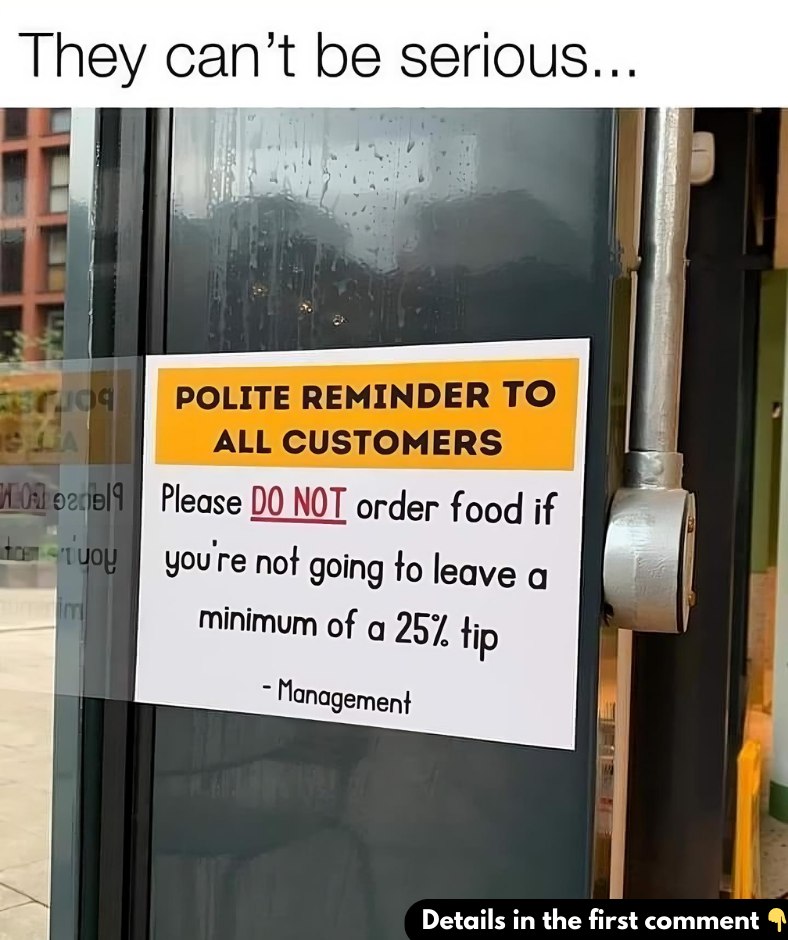Tipping, once a gesture of appreciation for exceptional service, has evolved into a controversial practice in the U.S. What started in 19th-century Europe as a reward for outstanding service has shifted to supplementing low wages in industries where employers fail to offer fair compensation. Critics argue that tipping is no longer about rewarding quality service but has become an automatic expectation, often disconnected from the actual service received.
Dustin Anderson, a vocal critic, reignited the debate by questioning the fairness of tipping in situations like takeout orders and coffee shops. His comments highlight the growing frustration with constant tipping requests, even in cases where it seems unwarranted. While many workers in the service industry rely on tips for basic income, others point out that tipping has expanded far beyond its original intent, creating an undue burden on consumers.
The U.S. tipping model stands in stark contrast to Europe, where service charges are included in bills and workers receive fair wages. The origins of tipping, rooted in racial inequality, have left a lasting impact, with many workers still earning below minimum wage and depending on tips to survive. As the debate continues, some advocate for eliminating tipping altogether in favor of fair wages, while others suggest it should be reserved for exceptional service, aiming to restore tipping’s original purpose.
